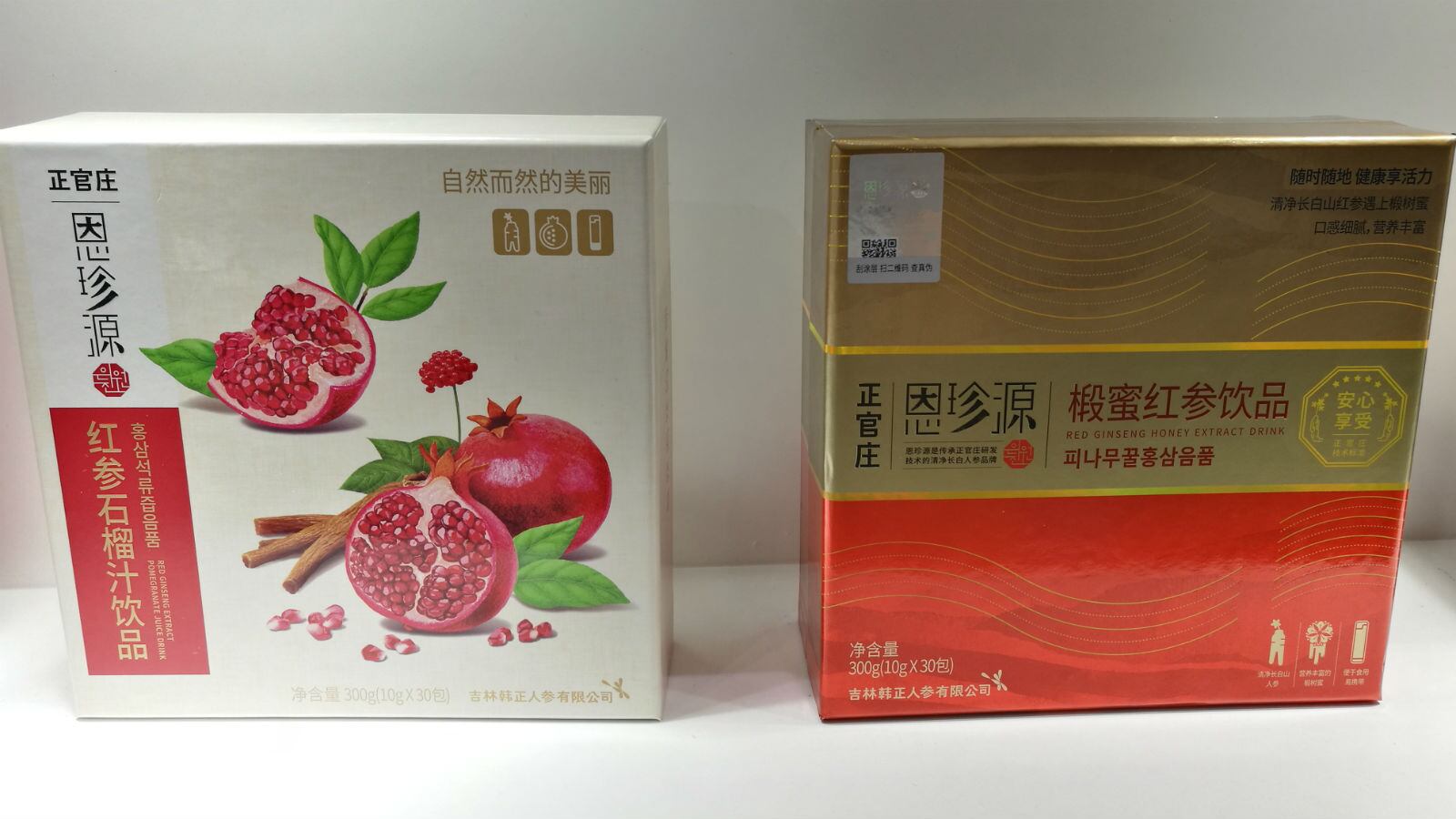Almost one-in-three people in Japan is now over the age of 65, with country facing a rapidly ageing population, twinned with a diminishing birth rate.
Those aged 65 or older now make up a record 35.6 million, or 28.1 per cent of the total population, the government said last year.
Meanwhile, hose aged 70 or older now account for for 20.7 per cent of the population, breaking the 20 per cent for the first time.
In light of this, policymakers and researchers are eager to look at nutritional solutions to maintain health and quality of life among the ageing population.
This new study noted that while epidemiological evidence of the association of beverages with depressive symptoms has received considerable research attention, similar investigations on the association of coffee and green tea with depressive symptoms for the elderly population were limited.
Academics from Nakamura Gakuen University and the University of Tokyo therefore conducted a cross-sectional examination of the association of depressive symptoms with the intake of coffee, green tea and caffeine and to verify the antidepressant effect of caffeine.
Clear association
They assessed 1992 women aged 65–94 years. Intakes of coffee, green tea and caffeine as well as depressive symptoms were assessed with a validated brief dietary history questionnaire (BDHQ) and the Center for Epidemiologic Studies Depression Scale (CES-D), respectively.
Multiple logistic regression analysis was used to calculate odds ratios (OR) and 95% confidence intervals (CI) for depressive symptoms with adjustments for potential confounders.
The findings revealed that coffee intake inparticular was associated with a lower prevalence of depressive symptoms.
The academics wrote: “The odds ratios of which for the fourth versus the first quartiles of intake was 0.64 (95% CI 0.46-0.88, P for trend = 0.01) in a fully adjusted model. Caffeine intake was marginally associated with depressive symptoms, but the association was not statistically significant.”
They suggested that their findings were worthy of further investigation, especially into the specific benefits conferred by coffee.
“The result suggests that the inverse association on depressive symptoms might be expected not only caffeine intake, but also some other substances in coffee or factors related to coffee intake. Because of its cross-sectional design, longitudinal studies are required to confirm the present finding.”
Source: J-Stage
Intake of coffee associated with decreased depressive symptoms among elderly Japanese women: a multi-center cross-sectional study
https://doi.org/10.2188/jea.JE20190010
Authors: Yasumi Kimura, et al




